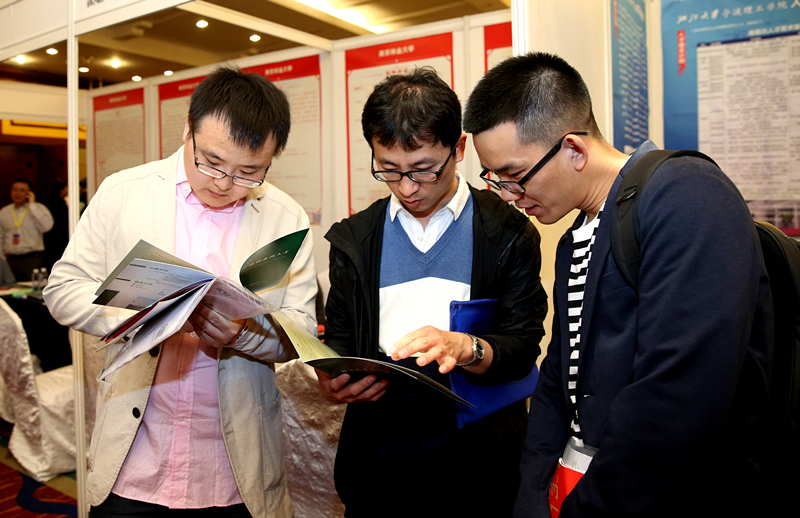Free hukou fails to seal the deal in talent search
By Zhang Yi and Liu Kun | China Daily | Updated: 2018-07-26 07:21
Priority access to household registration is no longer a major concern when new graduates are choosing a place to live and work. Zhang Yi reports from Beijing, with Liu Kun in Wuhan.

As competition to attract talent has intensified between major cities in recent years, many have unveiled packages to lure ambitious young people. However, permanent household registration, one of the key incentives offered by many cities, appears to be losing its appeal.
For six decades, obtaining permanent residency, or hukou, has been essential for people hoping to settle in major cities.
Chinese nationals are registered with the hukou system in their place of birth, and it can be extremely difficult to amend registration to a different location.
However, people are always keen to make the change because hukou grants access to social benefits, cuts the cost of local healthcare services and provides easier access to local schools for the holder's children.
Basically, getting the right hukou makes life a lot more convenient.
For the 20 or so large cities that have released policies to land fresh talent, particularly graduates, the idea of offering hukou with little to no requirement regarding employment or property ownership was an obvious one.
But evidence suggests that hukou is no longer a priority for the younger generation when choosing a place to settle or launch a career.
Career development
A survey conducted last year by China Youth Daily found that the top three factors for university graduates were: salary (64 percent); potential career development (59 percent); and the size of the city (43 percent). Hukou ranked fourth in the list of concerns.
Chengdu, capital of Sichuan province, is one of the cities to have implemented a talent recruitment campaign. In addition to offering hukou, the city provides free temporary accommodation for graduate job seekers and free trips to a well-known panda-breeding research base in the province.
Yet when it came to decision time, Chengdu native Peng Bowen opted to move to Beijing rather than stay in his hometown.
The 25-year-old, who left the University of Electronic Science and Technology of China in Chengdu this year with a master's degree in communication technology, will soon begin work as an algorithm engineer for Pony.ai, a startup that specializes in self-driving technologies. He will earn about 400,000 yuan ($62,600) a year before tax.
Peng rejected job offers from three other leading tech companies, including Google.
"My priority is the job," he said. "I'm deeply interested in AI and self-driving technologies, and Beijing has the most startups in these fields, where I can work with many excellent people. The decent salary in this sector is also quite attractive."
























